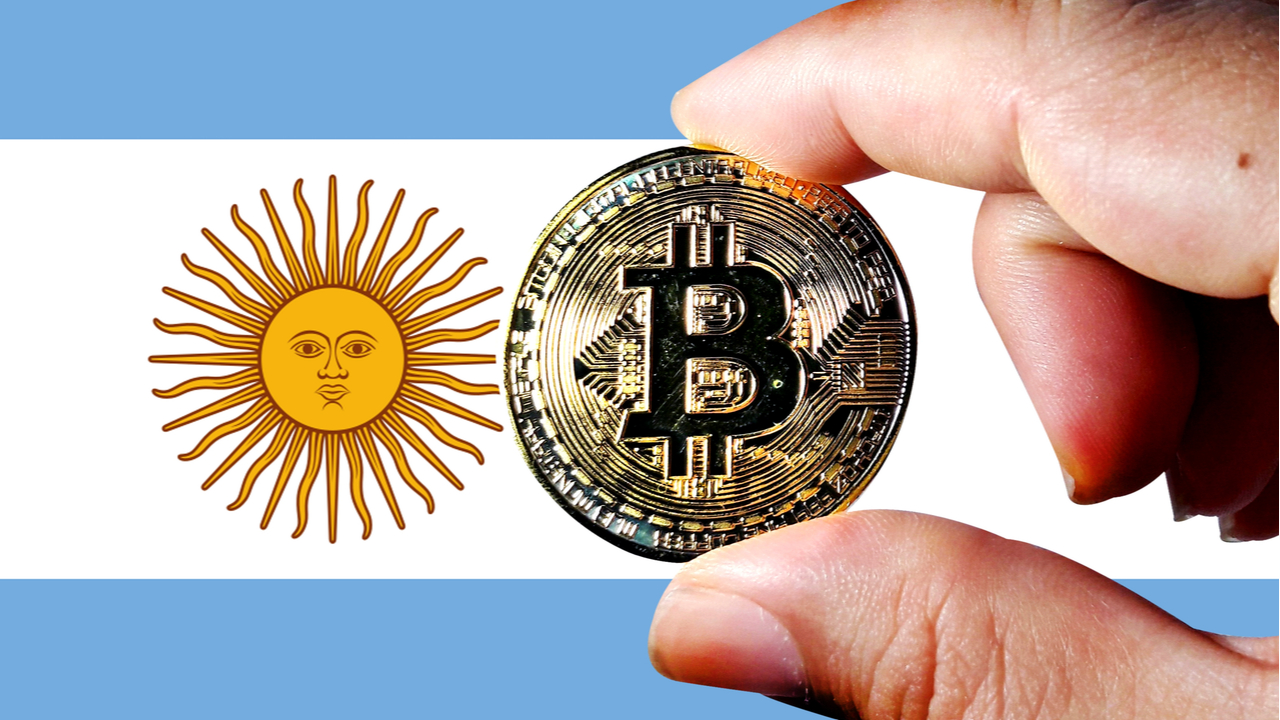
The Argentinian anti-money laundering regulator is reportedly working to force cryptocurrency firms to report their movements and take AML measures on Argentinian soil. The regulation for this purpose might be ready for approval this year, according to local media. This could be the consequence of the recent requirement approved in the deal the country made with the International Monetary Fund (IMF).
Argentinian Exchanges Might Have to Report Transactions Later This Year
The Argentinian money laundering watchdog is taking cryptocurrency transactions seriously. The Financial Information Unit (UFI), which is the anti-money laundering regulator in the country, is working to include cryptocurrency firms and exchanges that operate on Argentinian soil as entities that will have to report to the local authority, according to local media.
The regulation is expected to be ready for publication this year, meaning that crypto firms will have to create anti-money laundering plans and report suspicious transactions to the aforementioned organization to comply with the upcoming measures. This could complicate the regulatory panorama in the country for companies that offer crypto-related custody and trading services, and also for companies considering an entrance into the Argentinian cryptocurrency market.
Until now, these firms just had to comply with a rule that was approved back in 2019 related to tax reporting.
IMF-Powered Measures
To some key figures of the Argentinian cryptocurrency world, this is the natural consequence of the requirement introduced in the recently approved deal the country made with the International Monetary Fund (IMF) to renegotiate the payment of its $45 billion debt. The IMF required the nation to “discourage the use of cryptocurrencies in prevention of money laundering and informality.”
Among these key figures is Ignacio Carballo, who is the director of UCA, a fintech and digital baking firm, who criticizes the effect these measures and calls might have on local exchanges. On the subject, he stated:
The only thing that seems highly debatable to me is ‘disintermediation’, since it is an unstoppable phenomenon in the world. I don’t think it’s a matter of forcing it, but rather that we should care for and protect the already unstoppable ‘decentralization.’
Carballo added that this might cause users to use more decentralized alternatives that include P2P exchanges, raising the risks of being victims of scams in the process.
Rodolfo Andragens, president of Bitcoin Argentina, an Argentinian bitcoin nonprofit, also thinks this resolution of disincentivizing the use of crypto is pointless. He declared:
It is like trying to discourage the use of dollars to avoid money laundering. It makes no sense: cryptocurrencies should not be discouraged for that purpose, but rather have control in the spaces that are bought and sold.
What do you think about the new regulation that is being worked on by the Argentinian money laundering regulator? Tell us in the comments section below.
from Bitcoin News https://ift.tt/0uOHGpx
Comments
Post a Comment